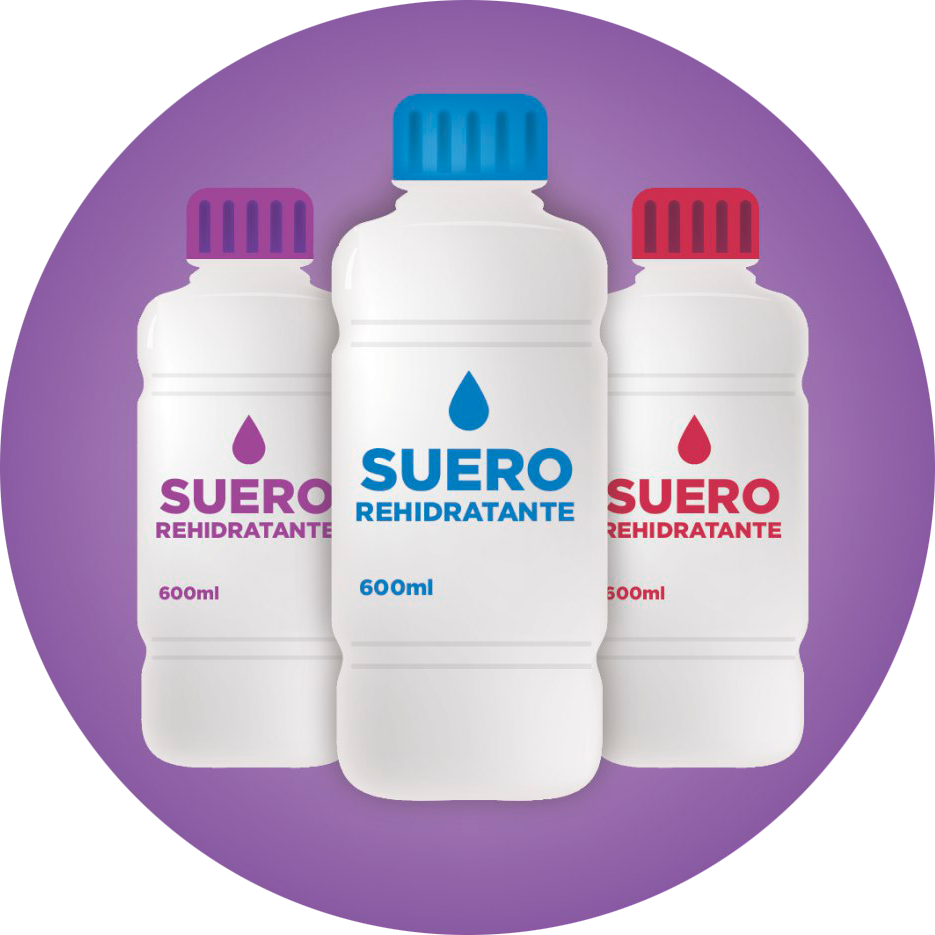La intoxicación alimentaria es cosa seria, así que mejor evitar estar fuera de combate.
Los casos leves no requieren atención médica, pero los adultos mayores de 60 años, los bebés y niños pequeños, las mujeres embarazadas y quienes sufren enfermedades crónicas o tienen un sistema inmune debilitado quizá puedan necesitar ser atendidos por un médico por eso es muy importante ser inteligente y cuidadoso con lo que comes.
Mucha gente de otros países probablemente te dirá que no ha tenido problemas al visitar México si su estancia fue por poco tiempo. Pero casi cualquier persona de EE. UU., Europa o Asia te dirá que, después de haber permanecido algunos días más por aquí, en alguna ocasión se intoxicó.
Si bien, el agua de la llave de la Ciudad de México es casi potable, los métodos para suministrarla no son muy higiénicos. La mayoría de los problemas con las fuentes de agua aquí ocurren cuando las tuberías de agua limpia están agrietadas y están cerca de las tuberías de aguas residuales así que mejor bebe agua embotellada. Todos lo hacen.
Entre los alimentos que son menos aconsejables están:
Si te apegas a los puntos expuestos, podrás evitar cualquier malestar estomacal.
Es probable que lo más peligroso de la intoxicación por comida sea la deshidratación. Esto se puede identificar de la siguiente manera:
Vas a querer beber mucha agua o líquidos para combatir todo lo anterior.

Raramente los casos leves de intoxicación por comida requieren de atención médica pero si presentas algún malestar o dolor, principalmente en el abdomen bajo, haz lo siguiente:
1. Bebe mucha agua.
La diarrea y el vómito agotarán el agua del cuerpo y la deshidratación puede ser el síntoma más peligroso de la intoxicación. El agua mineral, los caldos claros y el agua embotellada son la mejor opción.
2. Líquidos altos en electrolitos.
Es fácil encontrarlos en tiendas como Oxxo; puedes beber Pedialyte o Electrolit o bebidas similares. El agua de coco y Gatorade ofrecen beneficios similares.
3. Ve despacio con los alimentos sólidos, por lo menos al principio.
Alimentos blandos, no grasos y bajos en fibra como el arroz, tostadas, plátanos y manzanas que se comen en pequeños bocados deberán darte un buen resultado al inicio. De no ser así, solo toma líquidos. Después, aumenta un poco las sales e intenta comer sopas y galletas para obtener los electrolitos.
4. Evita los lácteos, los alimentos grasosos o fritos y altos en fibra, así como cualquier cosa que te cause malestar estomacal.
5. No tomes medicamentos para la diarrea.
Las defensas naturales de tu cuerpo trabajan para expulsar toxinas o agentes infecciosos.
6. Busca atención médica si lo consideras necesario después de DOS DÍAS.
Si presentas alguno de los siguientes síntomas llama a Locatel para recibir atención médica:
Llama a Locatel para ponerte en contacto con un médico.
Por último, si te sientes muy mal y tienes que tomar un vuelo es mejor contactar a tu aerolínea. Pero ten por seguro que incluso los casos más severos por intoxicación alimentaria desaparecen en unos cuantos días.